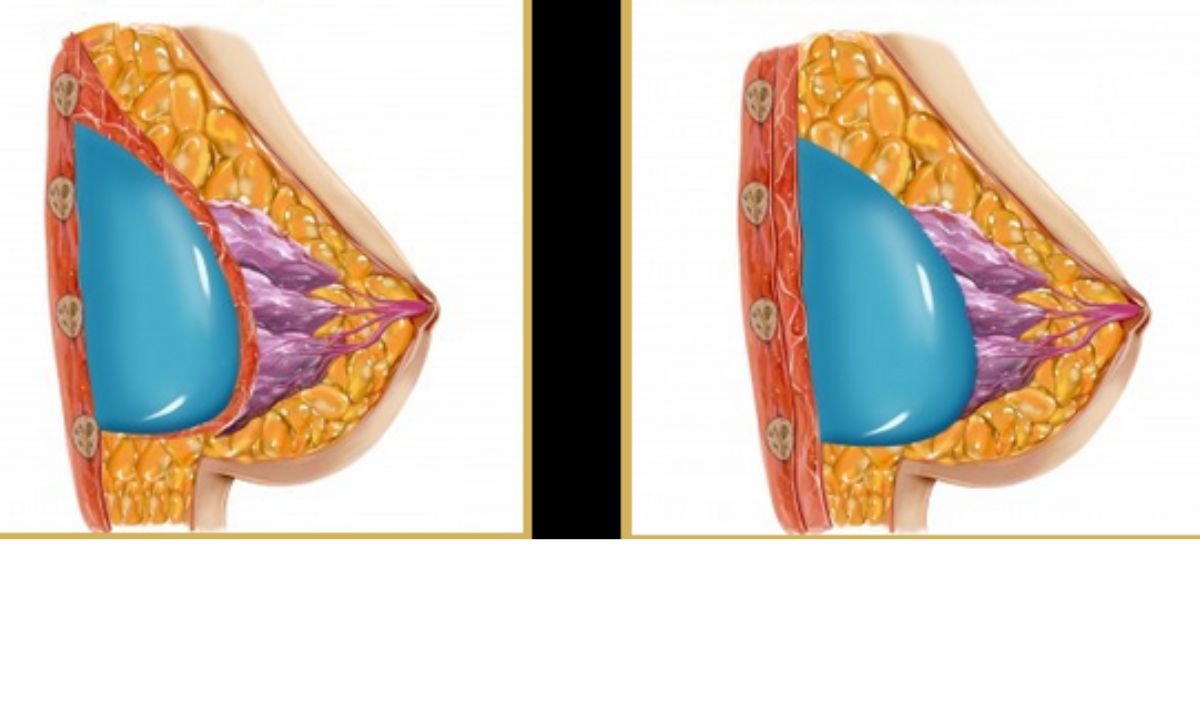Restaurants are particularly concerned with food allergies, as they cause the decline of the business and the safety of customers. The management of these allergies is a challenging task that demands hard work, effective communication, and proper working standards. The inability to respond to food allergies may lead to serious health effects of the customers and it can be followed up by the legal and financial consequences to the restaurant. By employing best practice, it is possible to enjoy the safety of dining and also build trust and loyalty among the customers.
Employee Education and Enlightenment
The initial point of control is the presence of properly trained staff against the cases of food allergy. Common allergens, allergic reaction symptoms, and prevention of cross-contact should be taught to the employees. Such training should be given to the front-of-house employees who receive orders and deal with customers as well as the back-of-house employees who do food preparation.
The seminars that are conducted periodically are designed to keep the employees aware and alert on any alterations in menu food or supplier supplies. Underlining the severity of food allergies will promote the staff to clarify the orders, confirm that they have been ordered correctly, and tell their colleagues what they need to know to avoid being mistaken.
Clarity in Communication with the Customers
Restaurants should have effective and consistent avenues of communication with their clients in order to know about their allergies. The menu labeling must be accurate and well placed with highlighting of the possible allergens in every dish. The employees are supposed to be taught to inquire about the allergies of the customers and quote special requests to eliminate confusion.
Technology like the drive thru system or the online order system can be used to obtain allergy information in a uniform manner. Such tools enable employees to hear and read about allergies prior to the start of food preparation to minimise risk of unintentional exposure and enhance customer experience on the whole.
Kitchen Policies and Food Handlings
Strict kitchen procedures are vital in ensuring the prevention of cross-contamination between allergenic and non-allergenic food. Allergens free meals can be prepared with the help of dedicated preparation areas, utensils and storage containers to reduce the risks of contamination. Employees are to be taught to thoroughly wash hands and change gloves when dealing with the allergenic ingredients.
An order management board in the kitchen display system will help control orders that have an allergy request, and all people in the kitchen will know about a special order. With the adoption of such systems in day to day activities, restaurants are able to enhance accuracy, minimize error and facilitate the communication between front of the house staff and the kitchen staff.
Menu Control and Supplier Management
The restaurants are advised to critically analyze their menu and identify food items that include the frequent allergens and find safe options. Suppliers will need to give comprehensive information concerning ingredients in order to make them label correctly and have alternatives. Maintaining a constantly changing list of allergens per ingredient assists in avoiding errors when changing the menu or with the changing of the seasons.
Developing dishes that are not allergic can increase the clientele and show that the restaurant aims to be inclusive. The recipes and ingredient lists are periodically audited and checked to make sure that all the items are in line with the standards of allergy safety, and the risk of accidental exposure is minimized.
Emergency Preparedness
Allergic reactions may still take place no matter how strict precaution is exercised. There shall be a concise plan on how restaurants will react in case of emergencies. Staff should be aware of how to identify the symptoms of severe allergic reaction and trained in simple first aid including how to administer epinephrine in case of such a reaction.
Development of emergency situation protocols and transfer of same to all staff members will guarantee a well-organized response. Posting the incident records and reviewing procedures on a regular basis assists in identifying areas that need some enhancing and strengthening of the culture of safety in the restaurant.
Food allergies management in restaurants is a complicated issue and has to be undertaken as a system of activities: employee training, efficient communication, quality processes in the kitchen, careful menu preparation and emergency management. These best practices will enable restaurants to provide their customers with a more secure dining experience, protect their customers and maintain a positive image.
You May Also Like: Bride to Be Cake: The Ultimate customizable Centerpiece for Your Celebration











